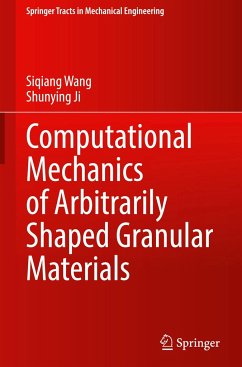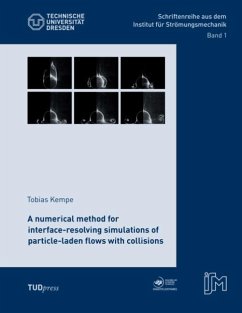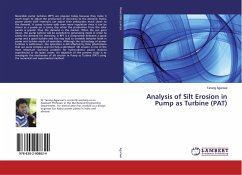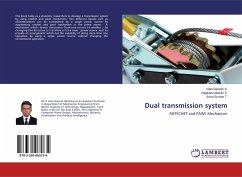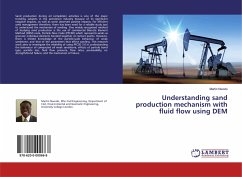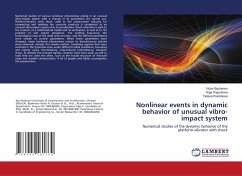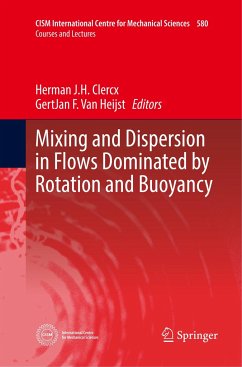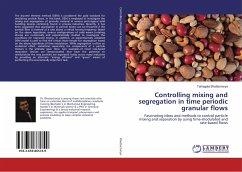
Controlling mixing and segregation in time periodic granular flows
Fascinating ideas and methods to control particle mixing and separation by using time-modulated and rate-based flows
Versandkostenfrei!
Versandfertig in 6-10 Tagen
47,99 €
inkl. MwSt.

PAYBACK Punkte
24 °P sammeln!
The discrete element method (DEM) is considered the gold standard for simulating particle flows. In this book, DEM is employed to investigate the mixing and segregation of granular material in various prototypical solid handling devices commonly found in process industries. Recently, it has been suggested that segregation in particle mixers can be thwarted if the particle flow is inverted at a rate above a critical forcing frequency. Based on the above hypothesis, various configurations of solid mixers (rotating drums) are numerically and experimentally studied to investigate the conditions fo...
The discrete element method (DEM) is considered the gold standard for simulating particle flows. In this book, DEM is employed to investigate the mixing and segregation of granular material in various prototypical solid handling devices commonly found in process industries. Recently, it has been suggested that segregation in particle mixers can be thwarted if the particle flow is inverted at a rate above a critical forcing frequency. Based on the above hypothesis, various configurations of solid mixers (rotating drums) are numerically and experimentally studied to investigate the conditions for improved mixing. In addition, an experimentally validated DEM model is used to find the critical chute length for segregation based on the above hypothesis of time modulation. While segregation is often an undesired effect, sometimes separating the components of a particle mixture is the ultimate goal. Here, two examples of novel rate-based separation devices are demonstrated that have thepotential to revolutionize the way particles are separated today across many industries by providing an alternate "energy efficient" and "green" means of performing this economically important task.



